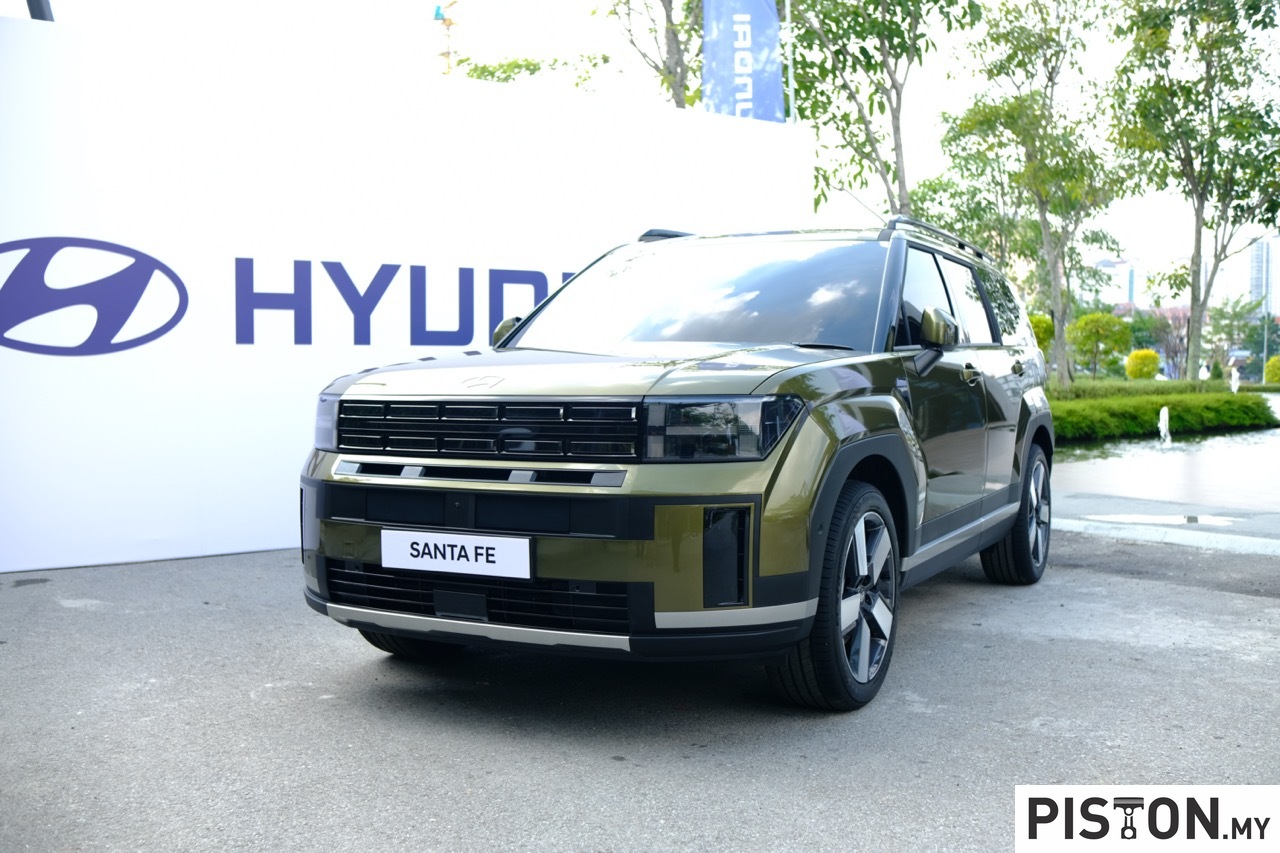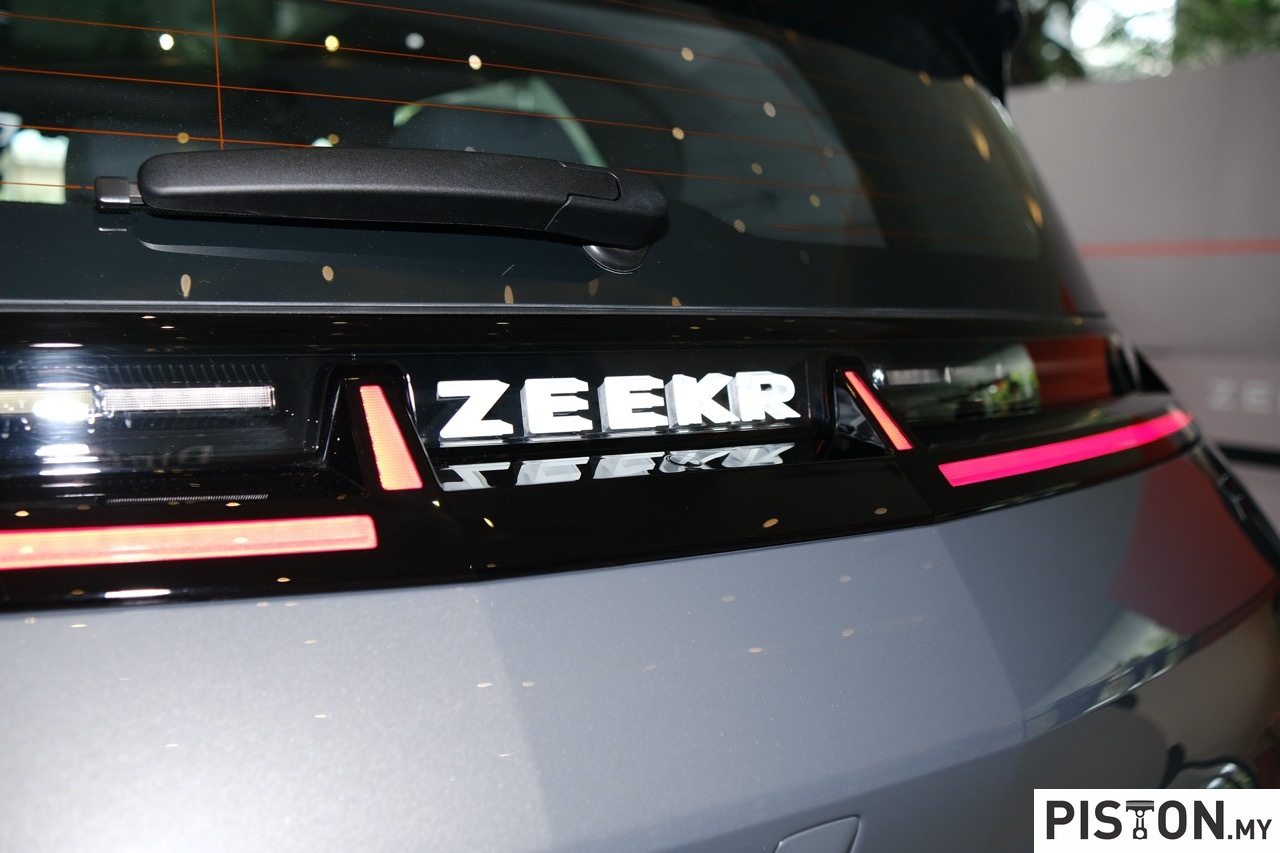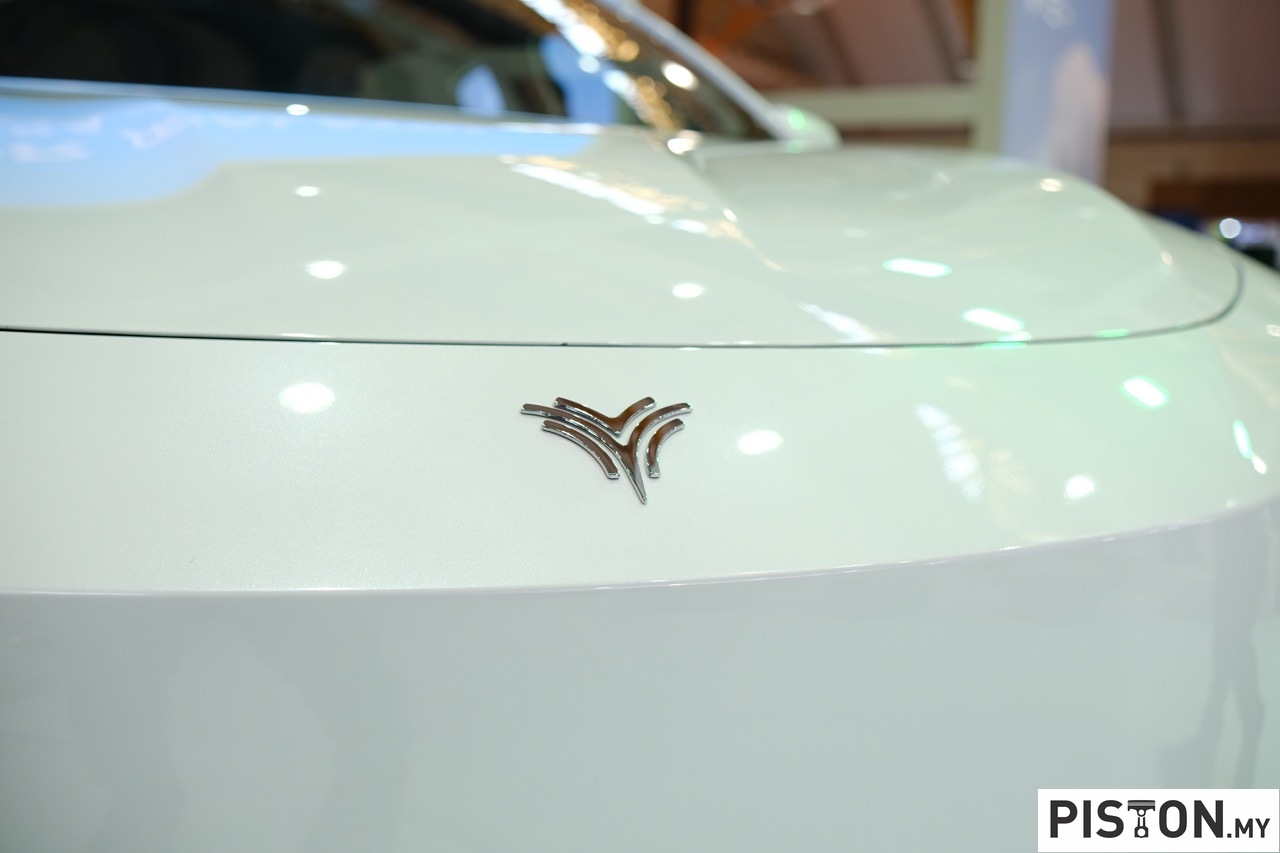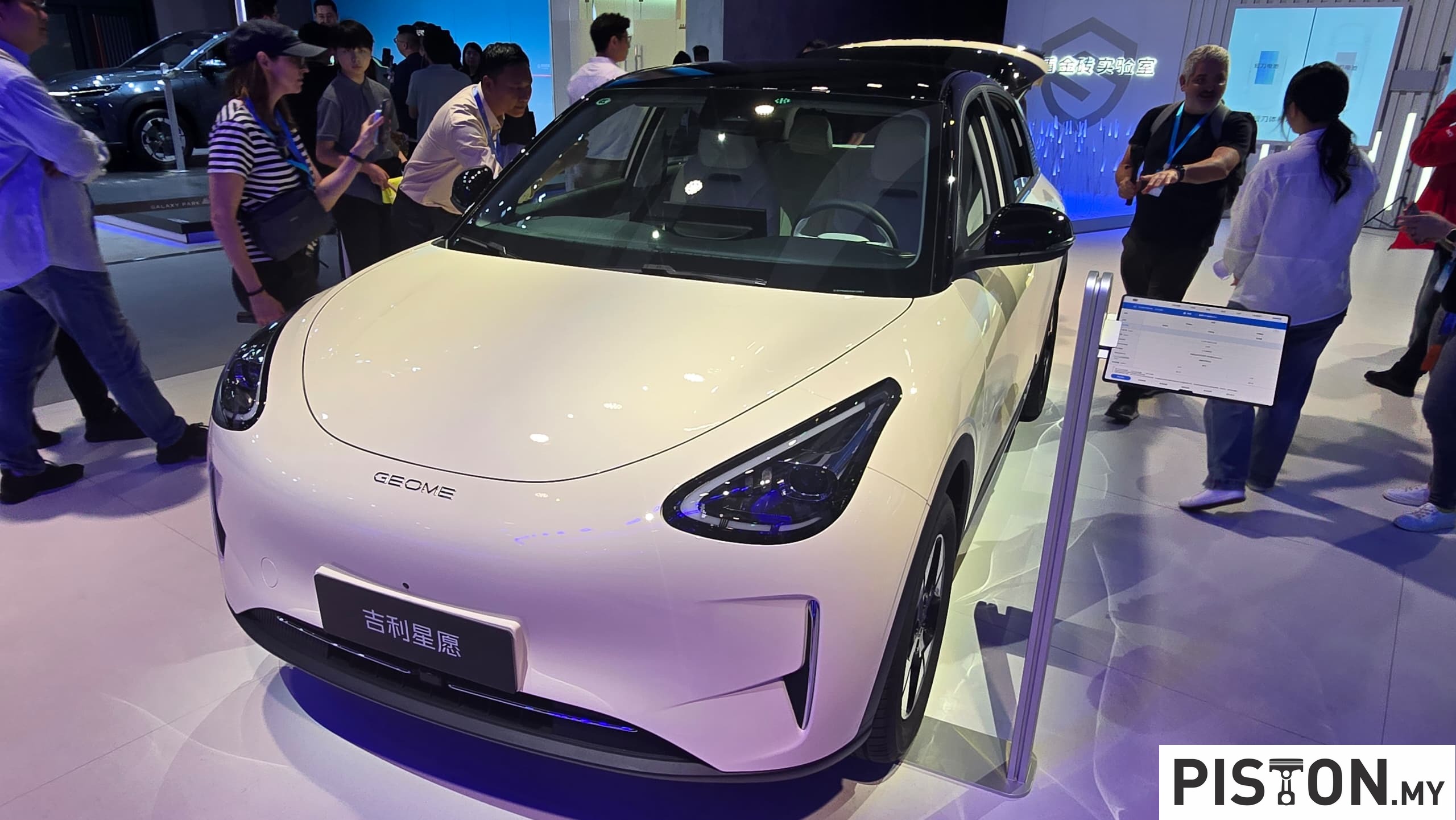The Ministry of Transport (MOT) and the Road Transport Department (JPJ) have officially initiated the pilot phase of the new standardised number plates, known as JPJePlate. This new system is mandatory for all new battery-powered and hydrogen fuel cell electric vehicles (excluding motorcycles) delivered from today onwards. The objective of JPJePlate is to introduce a national standard for vehicle plates, beginning with electric vehicles (EVs) and hydrogen-powered cars.
Key Details of the JPJePlate:
- Pilot Phase: Initially applicable to new electric and hydrogen fuel cell vehicles delivered during this phase.
- Existing EV Owners: Existing EV owners can begin ordering JPJePlate starting November 9, 2024, although registration of interest is available now.
Pricing and Package Information:
- Cost: Each JPJePlate set is priced at RM98.
- Availability: Currently, JPJePlates can only be ordered by car manufacturers and dealers via the official JPJePlate website.
- Package Contents:
- 1x Front vehicle plate
- 1x Rear vehicle plate
- 1x RFID windshield sticker
- 1x Set of anti-theft one-way screws
- Delivery: The RM98 cost includes delivery to an authorised installation partner, but plates will be sent directly to dealerships at this stage.
JPJePlate Features:
- Jalur Gemilang (Malaysian Flag): Signifying that the vehicle is Malaysian.
- Embossed International Vehicle Registration Code & MAL Abbreviation: Indicating that the vehicle is registered in Malaysia.
- Fuel Type Colour Code: A light green stripe to indicate the vehicle is an electric vehicle (EV).
- Holographic Stripes: To deter counterfeiting.
- Anti-Counterfeiting Foil: For enhanced security.
- QR Code: Serving as a digital signature.
- Laser-Engraved Serial Number: Unique for each plate.
- Embedded RFID Chip: For identification and tracking.
- Security Screws: For secure installation.
The plates are made of aluminium with retro-reflective properties, improving visibility at night. The technology used for JPJePlates comes from Tonnjes, a Germany-based company, while production takes place at Handal Indah in Cyberjaya.
While the RFID windshield sticker and anti-theft screws are currently optional, they are included in the package for future use, reinforcing the security and digital capabilities of the new system.


















